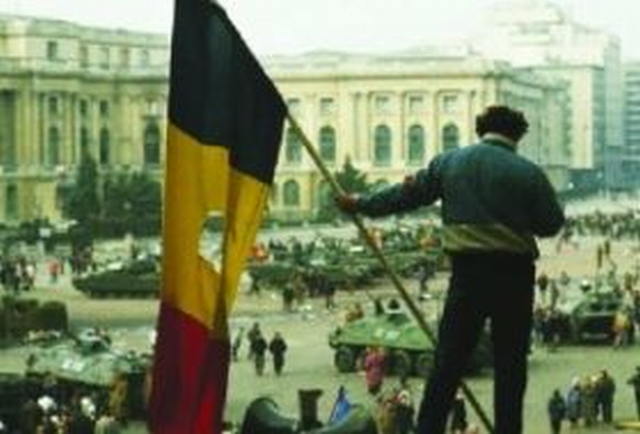ELECTIONS In Romania, the campaign for the second round of the presidential election, due on November 24, has come to a close this morning at 7 am. Competing are the incumbent president Klaus Iohannis, endorsed by the National Liberal Party now in power, and the former Social Democrat PM Viorica Dancilă. The Permanent Election Authority has announced that the Electoral Register has been updated and the total number of voters in the roll is 18,217,411. In the first round, in which 14 candidates took part, Klaus Iohannis got nearly 38% of the votes, and Viorica Dăncilă a little over 22%. The voter turnout was 51.19%. In the Romanian communities abroad, where the vote took place over 3 days, record-high turnout was reported, with over 675,000 people showing up in polling stations. For Sundays runoff as well, the 835 polling stations abroad are open for 3 days, Friday through Sunday, with the possibility for the vote to be extended until midnight on Sunday. The number of Romanians
having voted abroad in the runoff suggests a higher turnout than in the first round. The vote rate increased in the
past few hours, after polling stations reopened in all the countries in Europe,
which host the largest Romanian communities in the world. First ranking are the
Romanians in Italy, the UK, Germany, Spain and the Republic of Moldova.
GAUDEAMUS 8,000 book stands have been put up as part of the Gaudeamus Book Fair organised in Bucharest by Radio Romania, in an edition devoted to the 30 years since the anti-communist revolution of 1989. During the 5 days of the Fair, 900 different events are scheduled, including book launches, debates and book signing sessions. Today, on the 4th day of the Fair, Prof. Thierry Wolton takes part in the launch of the second volume of his trilogy “A World History of Communism. In this volume, entitled ‘The Victims’, Thierry Wolton speaks about the tens of millions that suffered imprisonment, deportation, torture and even extermination for their anti-communist beliefs.
COLECTIV After the Bucharest Court completed its investigations, on Monday the prosecution and the defence will present their closing statements in the case concerning the fire in Colectiv night club in Bucharest 4 years ago, in which 64 people died, one committed suicide further to the trauma and 200 others were injured. The Colectiv trial started in April 2016. After 2 years of deferrals over procedural matters, the judge assigned to the case retired, and during another year the new judge has heard the statements of scores of witnesses and victims.
DiscoverEU Youth of over 18 years of age may enrol by November 28 in a programme called DiscoverEU, which enables them to travel free of charge in the European Union. Eligible applicants must be citizens of one of the member states and fill in an online form. This is an initiative of the European Parliament, designed to provide young people with new mobility opportunities. The selected candidates will be able to travel, especially by train, for max. 30 days between April 1 and October 31, 2020. Since the programme was launched in 2018, Romania offered nearly 2,000 such permits, out of a total of 50,000 issued in the EU.
UN The 15 members of the UN Security Council endorsed a declaration reaffirming the ban on chemical weapons. The Council has reached a consensus long undermined by the war in Syria, and the Skripal affair in the UK or Kim Jong-nam case in Malaysia, AFP reports. The Council reaffirms that the use of chemical weapons is a violation of international law, and declares its firm opposition to it. The declaration, proposed by Great Britain, was passed unanimously. The UN Security Council urges all states that have not yet done so to sign the Convention on the Prohibition of the Development, Production, Stockpiling and Use of Chemical Weapons, which was signed in 1993 and came into force in 1997. Syria joined the Convention in 2013, Israel has signed it, but is yet to ratify it, whereas North Korea, Egypt and South Sudan are not yet parties to this Convention.
(translated by: Ana-Maria Popescu)


